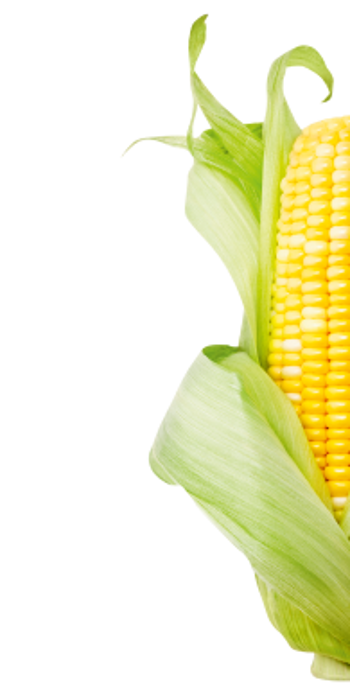Opportunity spaces
Our opportunity spaces are critically important but underexplored areas of research that we believe are ripe for breakthroughs.
They each serve as a bedrock for multi-year programmes directed by our Programme Directors, as well as additional flares of seed funding to support researchers pursuing bold ideas.
Even if you are new to a topic, we urge you to dive in below – a variety of perspectives are just what we need to change what’s possible.
Sign up for updates
Keep up-to-date on the progress of our existing and emerging opportunity spaces.
Emerging areas
Our second cohort has joined with early ideas of what they will explore at ARIA. They now begin an intensive discovery process — refining these early ideas into the next set of opportunity spaces.
Programme Directors
Our Programme Directors drive our pursuit of breakthroughs. They define bold visions for how science + technology could shape the future and direct funding to turn them into reality.









